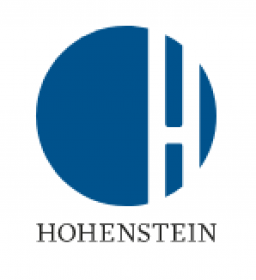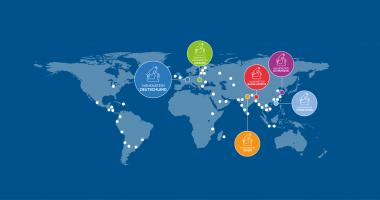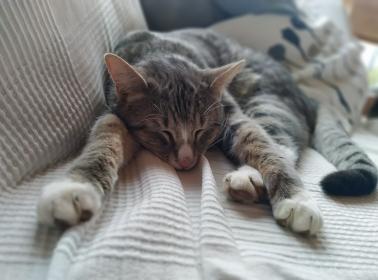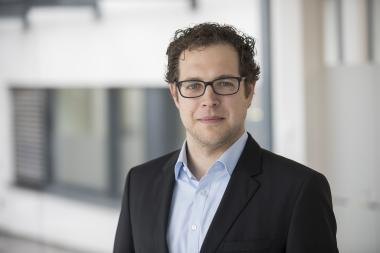Hohenstein future part of the AI hotspot IPAI
The testing service provider and research partner Hohenstein is joining the Innovation Park for Artificial Intelligence (IPAI) in Heilbronn. There are already points of contact with AI applications in some interdisciplinary research projects. In addition, there is the cooperation with the Munich-based start-up Sizekick and its AI-based technology for size recommendations, which aims to reduce size-related returns in online fashion retail.
"We expect the connection to the IPAI AI network to provide us with valuable impulses to remain fit for the future," explains Hohenstein CEO Dr. Timo Hammer, "This unique platform brings together a wide variety of players with their experience and knowledge. New ideas, projects and even products can be generated with great dynamism in the network as an intelligent response to future requirements. Because one thing is clear - artificial intelligence is THE key technology of the future".
The Innovation Park for Artificial Intelligence (IPAI) in Heilbronn (www.ip.ai) sees itself as an innovation platform for applied AI and a German lighthouse project with international appeal. The center is intended to map the entire AI value chain, from the qualification of specialists to the application of ethically responsible AI. The aim is to use the AI ecosystem to bring together companies, start-ups, research institutions, scientists, and public institutions and to secure Germany's digital independence and competitiveness in a key future technology.
Hohenstein Laboratories GmbH & Co. KG




















